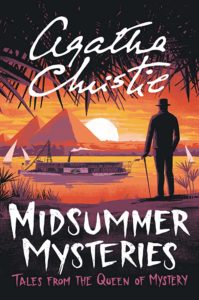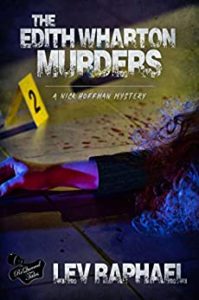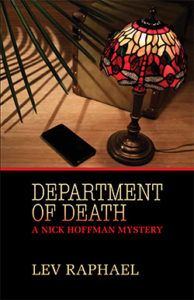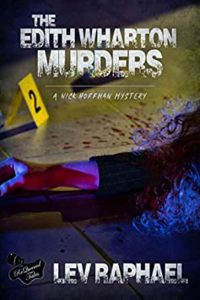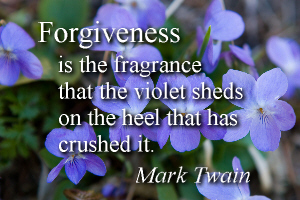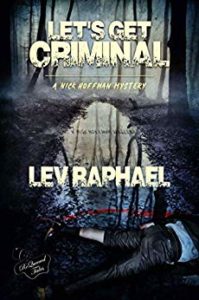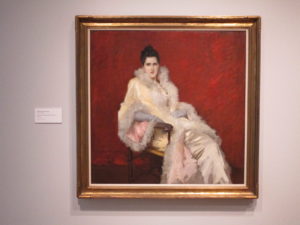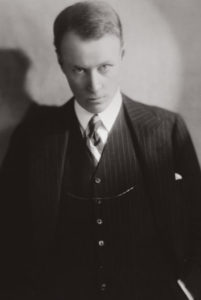Bummed out by politics, climate change, inflation, long Covid? Alexandra Petri, Washington Post humorist, has the answer as she charges into the controversy over what students should know about American history and literature.
She’s made stuff up. Hilarious stuff, like John Adams and his wife doing the 18th century version of sexting, which doesn’t go very well. And the story of one of the famous colonial Minuteman who were supposedly able to defend freedom in a minute. This guy wasn’t exactly on time, taking a few hours to get ready because he couldn’t find his musket or his boots and he wanted to prepare some snacks for the battlefield. His wife had a few things to say about that.
Petri toys with documents like The Federalist Papers and The Gettysburg Address, but some of the funniest entries in this collection are new takes on American literary classics like Moby-Dick, Leaves of Grass, The Great Gatsby, Howl, In Cold Blood, To Kill a Mockingbird, and The House of Mirth. Edith Wharton character dolls? Why not! And why shouldn’t the man who bought The Yellow Wallpaper‘s wallpaper request a refund?
English majors, rejoice: Who else in the world would be doing a spoof of James Baldwin’s Giovanni’s Room (one of my favorite novels)? And the Raymond Chandler satire made me laugh all the way through–it’s one of the funniest pieces in the book, and maybe in human history. At times the dry turns of phrase reminded me of Philomena Cunk.
Petri’s pastiche of iconic figures is always piercing and revelatory, as when Frank Lloyd Wright tussles with a client about the commission to build the perfect home. Guess what? It’s not remotely what the client wants. And her take on The Teapot Dome Scandal eerily prefigures excuses we’ve recently hear that “explain” why certain figures in government have seen so much money changing hands. I name no names.
Petri is fiendishly well-read and her humor is consistently delicious, like the lost vignettes from Fifty Shades of Gray that pop up throughout the book which range in time from the Puritans to Trump (sic transit insania mundi). You’ll never think of Patrick Henry the same way again after Petri serves him up to you with special sauce–and who else could have imagined customer reviews of Our American Cousin from the night Abraham Lincoln was shot?
Writers can learn a lot from her satire and may especially appreciate troubled fan mail to Harper Lee wondering about that missing mockingbird as well as the monomaniacal letter Loraine Hansbery gets about promoting raisins.
The title of the book clearly indicates that Petri made all these documents up, but you have to wonder if this book will get devoured by AI chat bots anyway. I can imagine students turning in essays about how Melville’s publisher wasn’t very keen on the idea of a book (mostly) about whales. And much, much, worse.
Well, given the state of academia today, with enrollments going over a cliff, professors can likely use a good laugh. ★★★★★
Lev Raphael is the author of the satirical Nick Hoffman mystery series along with seventeen other books in many genres. He has reviewed books for The Detroit Free Press, Jerusalem Report, The Washington Post, The Ft. Worth Star-Telegram, Boston Review and a handful of public radio stations in Michigan.


